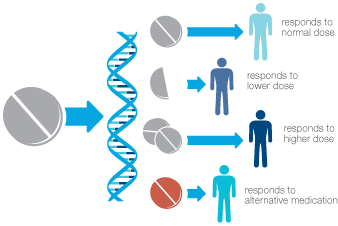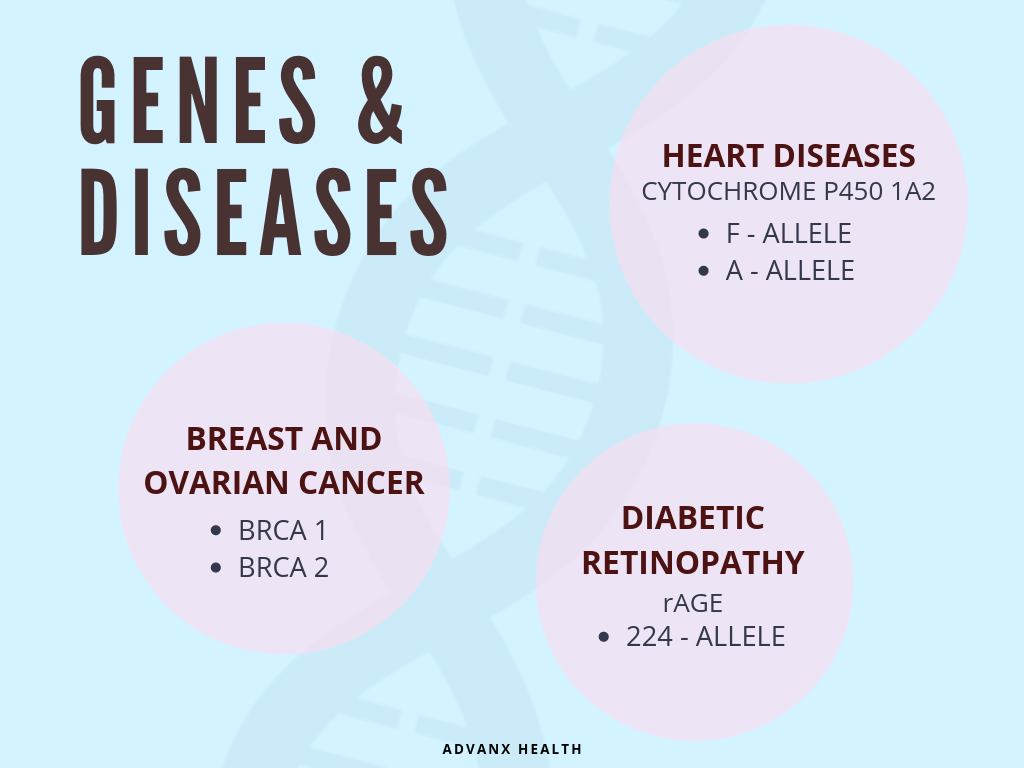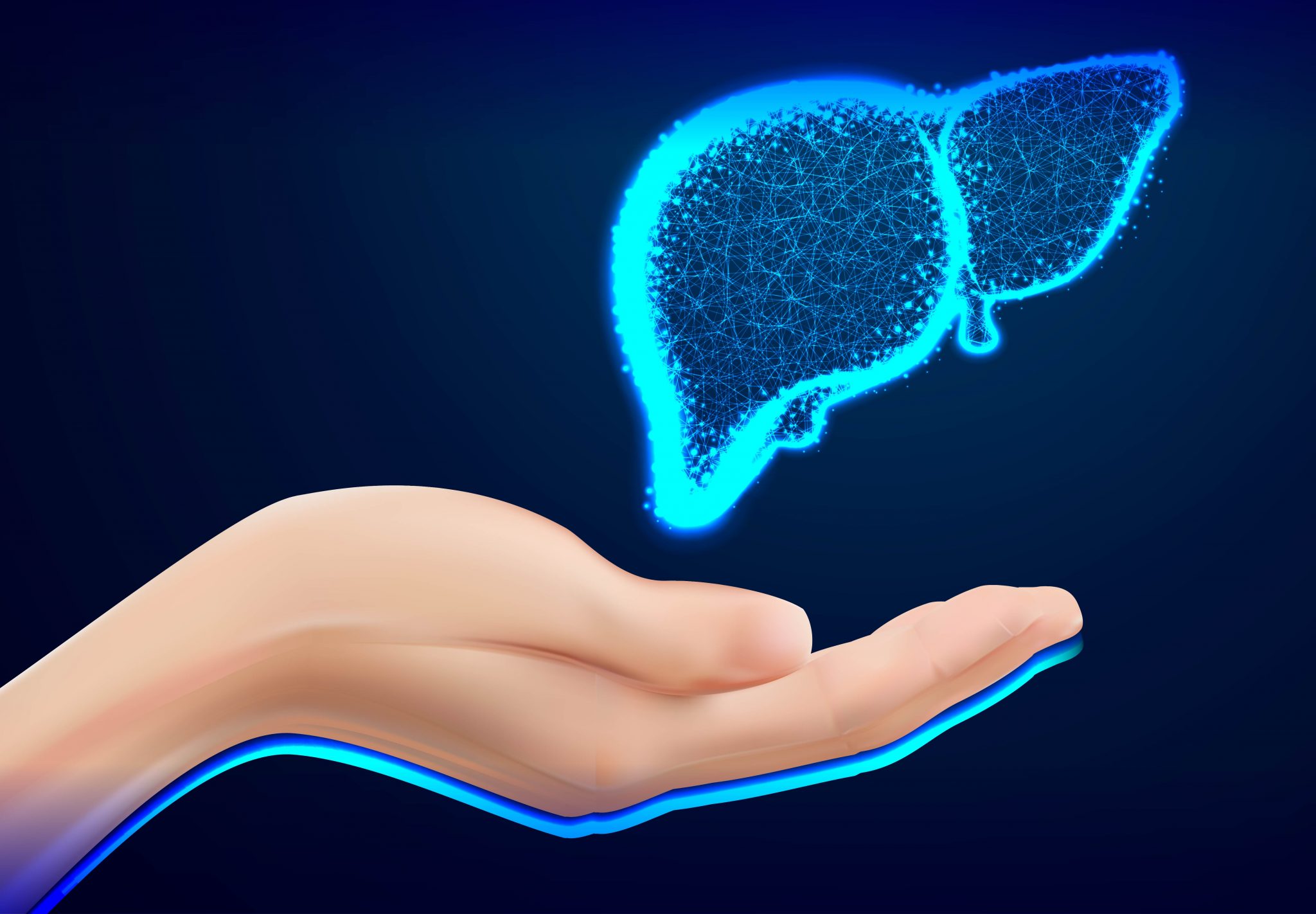Genetic variations makes us unique from each other, it can also provide some protective benefits. How else do genetic variations affect us? Let’s dive into other aspects of genetic variations.
How do genes affect our susceptibility for certain diseases?
According to Dr. Ng Zhi Xiang, the differences in our ethnicity can be related to different diseases susceptibility. For example, Asian Indians have a higher risk of getting diabetes and heart diseases while the Malay population have a higher risk of developing hypertension and obesity.
“In fact, we can find polygenic disorder in the population more commonly.”
stated Dr. Ng
Apart from contributing to different traits and appearances, single nucleotide polymorphisms (SNPs) can also contribute to different susceptibility towards certain diseases and different responses to certain drug.
Personalised medicine
“Regarding the variation in drug response, this can facilitate development of a medicine. It is called as personalised medicine.” explained Dr. Ng.
Personalised medicine is when we do a genetic test on the individual’s SNPs, and based on that information, we can select appropriate drugs for the person.

Diseases that are related to Genes
There are two types of genetic disorders — monogenic and polygenic disorders.
Monogenic disorders involves only one particular gene, and only that single gene contributes to the development of that disease. For example, we discussed genetics and sickle cell anaemia here. Cystic fibrosis is another example of a monogenic disorder.
“We can find polygenic disorders in the population more commonly than monogenic disorders.” stated Dr. Ng.
In the case of polygenic disorders, genetic variation in multiple genes can contribute to the development of a disease. This is very common for metabolic diseases like obesity, diabetes and heart diseases.

Cancer
Since about 10 years ago, BRCA1 and BRCA2 genes have been frequent topic of discussions. This is because these two genes are related to breast and ovarian cancers. Variations of these two genes can increase your risk of getting breast and ovarian cancers up to 50%.
Heart diseases
“Whenever we talked about heart disease, there is always one gene in my mind. It is cytochrome P450 1A2.”
said Dr. Ng.
Hence, back to the cytochrome P450 1A2 gene. There are two variation of this gene: *1F allele (slow caffeine metabolisers) and *1A/*1A allele (rapid caffeine metabolisers).
Apart from increasing alertness, caffeine is also found to increase your blood pressure.
Research has discovered that slow caffeine metabolisers who drink coffee have a higher tendency to get heart diseases compared to rapid caffeine metabolisers. Perhaps by knowing whether you are a slow or rapid caffeine metaboliser could help you regulate your daily coffee intake.
Diabetes
“Currently, research has detected more than 65 gene variations in diabetic patients.” said Dr. Ng. These genes generally contribute to the control of blood sugar levels in our body.
For examples, genes that are involved in glucagon and insulin production, genes involved in glucose transporter (which are responsible for transporting sugar in our body).
Diabetic retinopathy

Diabetic retinopathy is a microvascular complication of diabetes, which happens when blood vessels in the retina is damaged. This could lead to blindness because retina is the light sensitive tissues behind the eyes.
The development of diabetic retinopathy can be influenced by the genetic variations in our DNA.
In diabetic patients with high blood sugar levels, they have an increased level of advanced glycation end product (AGE). AGE are harmful compounds that are formed when protein or fat combine with sugar in the bloodstream.
When there is a high levels of AGE protein, inflammatory process are likely to happen through the receptor for AGE, also known as rAGE.
“rAGE expression can modulate the development of diabetic retinopathy.”
explained Dr. Ng.
One of the genetic variation of rAGE is 224A-allele, and it is significantly associated with diabetic retinopathy. Due to this discovery, screening for 224A-allele can be potentially useful for diabetic patients, so that they can discover their genetic risk for diabetic retinopathy.

You can read the first part of the webinar here and the summary here. You can also watch the video here. Enjoy!
References

